Do you know what your healthy life expectancy is? Do you know you can actually estimate this?
Today I’m going to help you answer these two questions.
Research clearly shows there are 5 keys to your life expectancy. These 5 keys are listed below.
They have the potential to add 12 to 14 years to your life!
However, before you look at these 5 keys I’d like to encourage you to use an online tool for estimating the potential years you have left. It’s called the Healthy Life Expectancy Calculator. It was developed by the Goldenson Center at the University of Connecticut.
This calculator will take you less than 1 minute to complete, and will give you some valuable feedback on what you can do to increase your life expectancy.
Click Here for the Healthy Life Expectancy Calculator.
My Healthy Life Expectancy Results Using This Calculator
I used this tool to see what my life expectancy is. Here are my results: Read More →

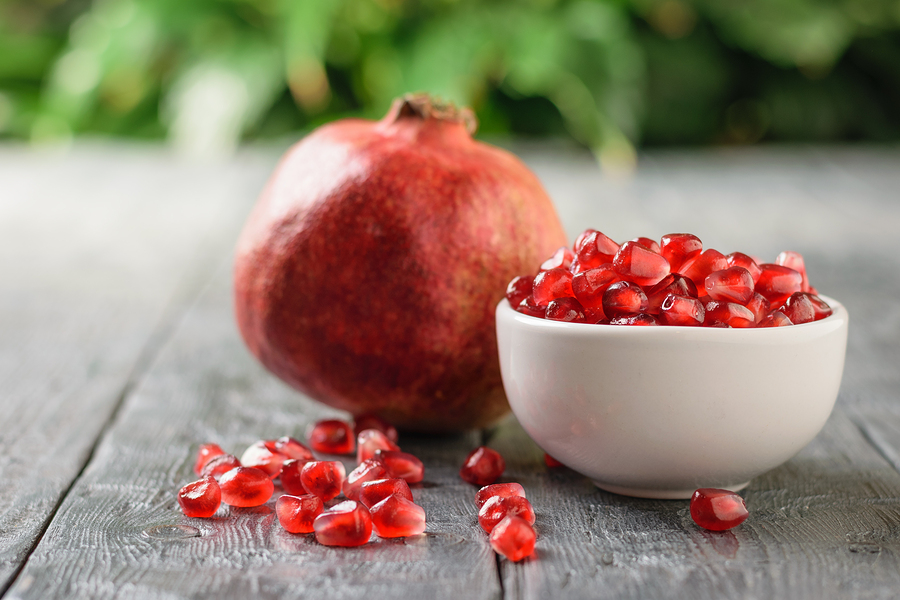
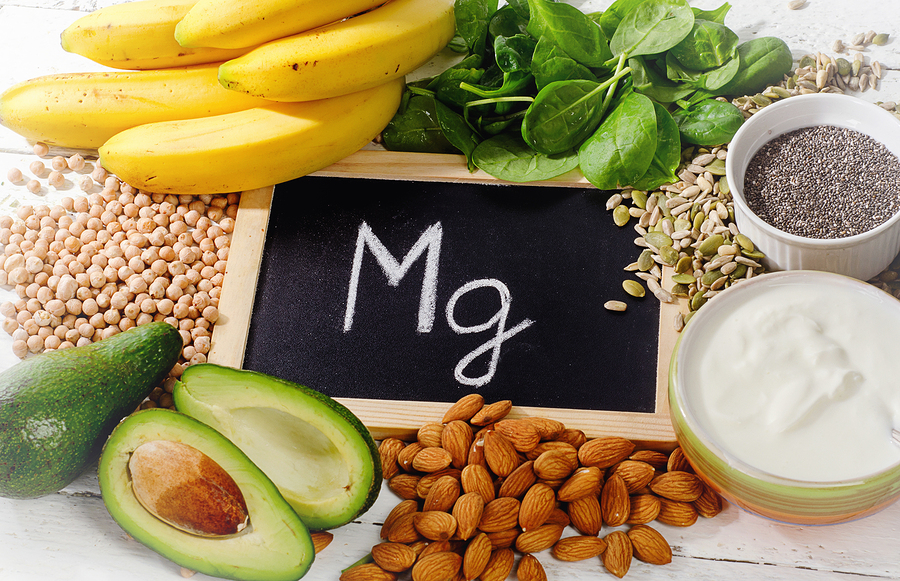
 number.
number. 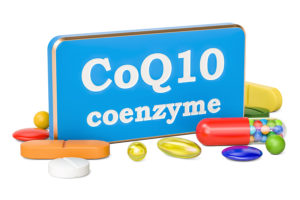 especially as it applies to the effects of statin drugs in interfering with your liver’s ability to naturally produce CoQ10.
especially as it applies to the effects of statin drugs in interfering with your liver’s ability to naturally produce CoQ10.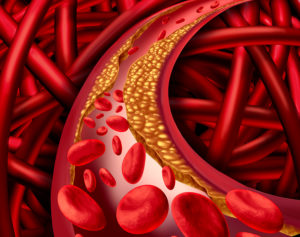 cardiovascular health issues is atherosclerosis.
cardiovascular health issues is atherosclerosis. 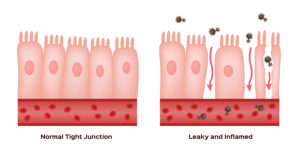 viable option for restoring the lining of your small intestine? And is there any research to demonstrate it’s ability to improve gut health?
viable option for restoring the lining of your small intestine? And is there any research to demonstrate it’s ability to improve gut health?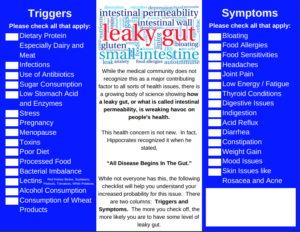
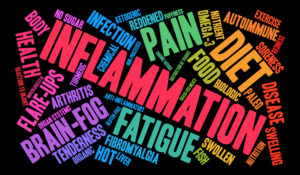 that if you can eliminate chronic inflammation, then you can significantly reduce all diseases.
that if you can eliminate chronic inflammation, then you can significantly reduce all diseases.